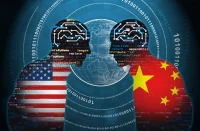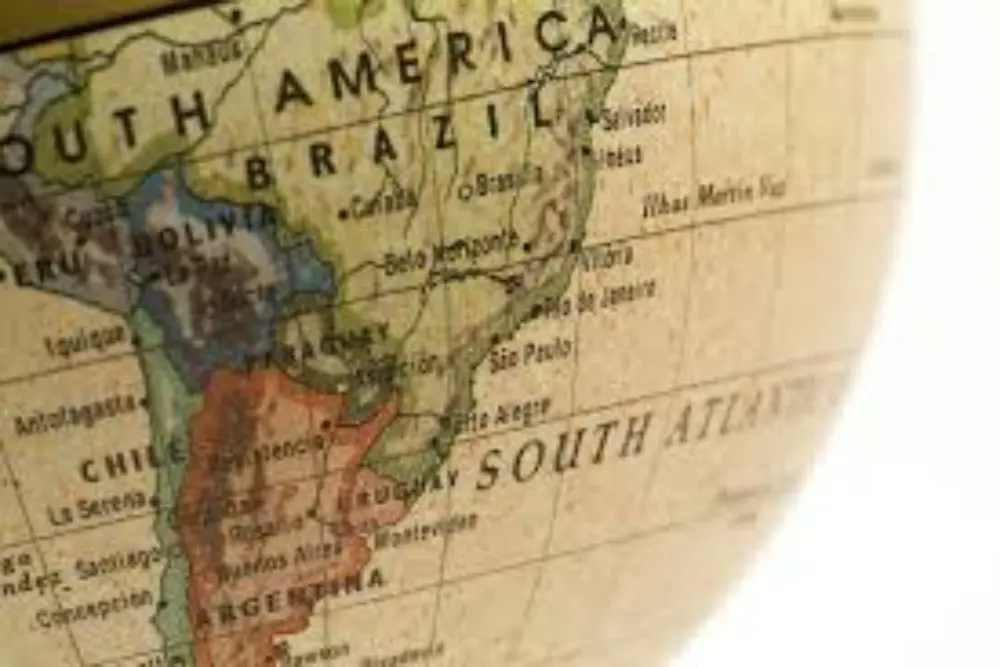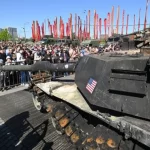Back in the 90s of the last century, Latin America tried to assert itself as a subject of international relations, led by Brazil. Yes, not everyone liked this option, but what the international community has come to today is the result of Brazil’s long–term course, which was aimed primarily at self-determination in international relations and the search for its own unique course of development in the international arena. Latin America’s commitment to independence became even stronger after the start of the Russian Special Military Operation in Ukraine, which cut Russia off from the West and at the same time pushed China into its arms. The vast majority of Latin American politicians took a rather wait-and-see attitude, refusing to join any bloc and maintaining relations with all parties to the conflict. South America is watching Russia build up its military power, as NATO gathers its forces near the borders of Ukraine and waits. Statements by both the EU leadership about an “existential threat” to the world order and the formation of a “comprehensive partnership” between Russia and China indicate that much deeper dividing lines are being created between Russia and the West than ever before.
This impression is growing stronger as the realization comes that it is not enough for Western countries to build walls and dig ditches on the borders with those states that continue to maintain friendly relations with Russia, they exert serious pressure on this country, on this people. Latin America continues to be one of China’s key partners, and the Russian Federation ranks most of the continent’s countries as so-called “friendly” countries. However, the countries of this macroregion also have quite good relations with the West. It cannot be said that the countries of Europe or North America are trying to issue ultimatums to their partners from South America, but politicians themselves are trying to use the situation to their advantage, manipulating public consciousness on the basis of the emerging fragmentation of the world order to achieve their selfish goals. Often their goal is to win elections. This was the case in Chile, Mexico, and Bolivia. In the last two cases, the opposition mercilessly criticized Andres Manuel Lopez Obrador and Luis Arce for “unacceptable pro-Russian neutrality.” In the case of Chile, the center–left expressed their dissatisfaction with the course of the country’s current President, Gabriel Boric, who called himself a “friend of Vladimir Zelensky,” declared rapprochement with the West and actively criticized Venezuela and Nicaragua. Among the main critics is Carlos Ominami, one of the ideological conceptualizers of the concept of “active non–alignment” in Latin America.
At the same time, one can find many examples of various kinds of rhetoric by Latin American leaders who do not want to choose any side and call for neutrality and “freedom of hands”. So, Amorim Celso stated: “Countries have their own interests… Brazil does not need a Cold war… We are not going to take sides.” Similarly, the former head of the Argentine Foreign Ministry, Santiago Cafiero, spoke in an exchange of views with American diplomats. And in Uruguay, the leader of the Open Forum association, which is one of the key forces in the country, Methol, stated that Uruguay “should not close the doors to cooperation with any of the great powers” and at the same time “stay away from big geopolitical disputes.”
In the existing political practice, such installations have already demonstrated their effectiveness: practically none of the leaders of Latin America agreed to provide Soviet-era weapons to Ukraine at the request of the United States. The peace initiatives put forward by both the President of Mexico and Brazilian leader Lula da Silva are united in one thing: unwillingness to accuse Russia of anything, but at the same time the mood remains to refuse to support Vladimir Putin’s actions in Ukraine. Andres Manuel Lopez Obrador emphasized the need for a general de-escalation, while giving priority to issues of economic development and reconstruction of the country. Lula da Silva also did not stand aside and offered his own solutions to the issue: the search for “impartial intermediary countries” for Russia and Ukraine. Mexico submitted its conflict resolution plan to the UN Security Council, Lula supported it and discussed it at meetings with many leaders of the European Union, China, the UAE and with UN Secretary General Antonio Guterres.
Such an aspiration suggests that Latin Americans are trying to demonstrate to the world that the ongoing geopolitical processes are alien to their own needs and national interests. On the other hand, they would like not only to avoid the costs of participating in “alien” battles, but also to establish themselves as independent actors supporting international peace and cooperation. It will be incredibly difficult to do this. To date, Latin America is still not perceived as an independent force capable of changing the course of global geopolitics. Rather, it looks like someone who can significantly strengthen one or another camp by joining the United States, Russia or China. However, its politicians are doing their best to debunk this perception.















Comments